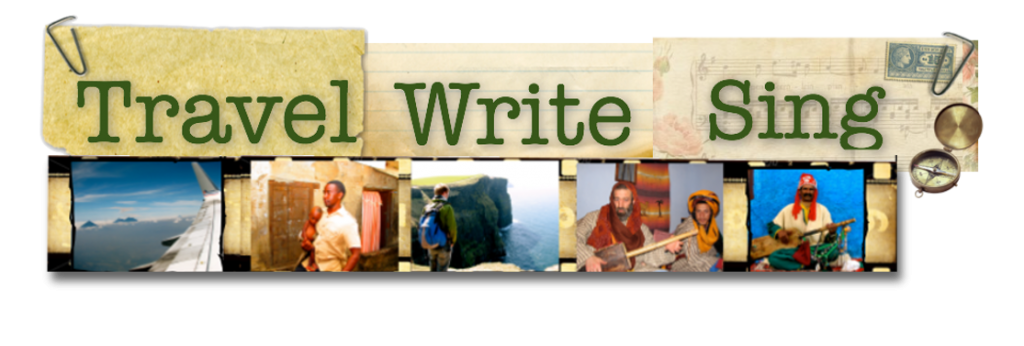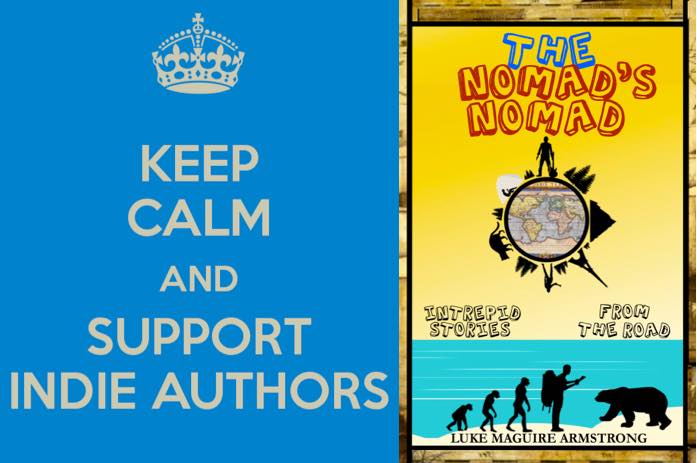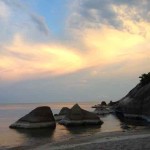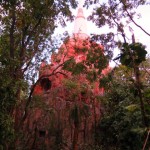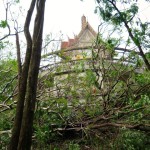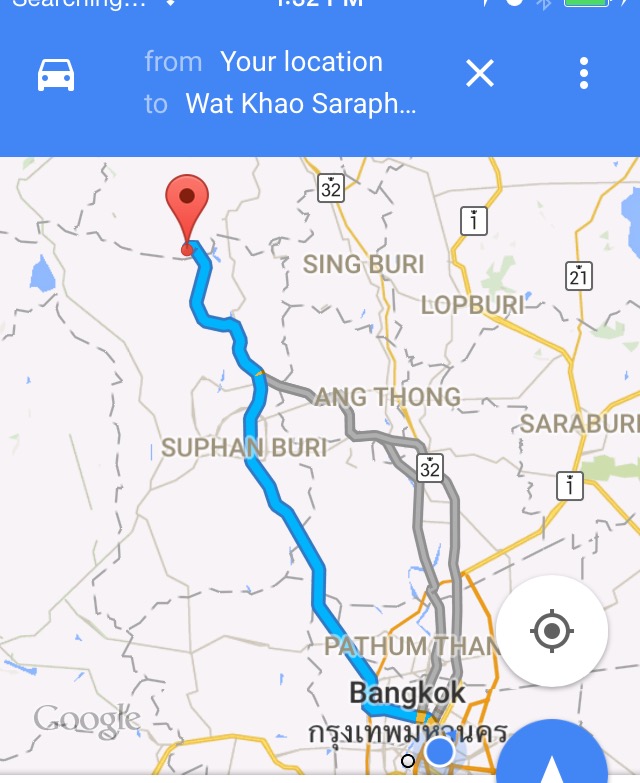
On my second night in Thailand, second night of Songkran, I meet up with legendary travel writer Joe Cummings. He’s the original author of Lonely Planet Thailand, and one of the most notable living nomads breathing today.
Having left my ATM card and running low on cash at the bar, I follow advice Bruce Northam had emailed me: “cheapest way to party in Thailand is to just buy cans of beer in 7-Elevens and walk the streets or just sit outside and watch.”
So I sit outside the nearest one (they are everywhere here) and enjoy a beer and sandwich. To my right, a Farang (foreigner) crouches umpire style and smokes a cigarette. We get to talking. He’s an international hustler who tells me about a lifetime spent looking for opportunities in international market price disparities. “I’m a trader of many things,” he says in an accent vaguely British, but buried in decades spent nowhere in particular.
We talk jade, a subject my time in Guatemala has made me conversationally fluent in. “Canadian jade is garbage,” he says. “Guatemalan jade is good, but not as fine as Burmese jade. But I have a theory. Guatemalans are too lazy to see if there is anything good in the ground. The Burmese dug and dug and dug to find their good jade.”
He calls himself Akbar, which Joe later tells me is likely made up name.
I tell Akbar that for the time being I’m steering clear of the backpacker circuit. He tells me of a mountain that “no tourist has been to.”
He describes the mountain as filled with bears missing paws. He says the government releases animals there they’ve confiscated from illegal captivity. Bear paw soup is a black market diamond dish popular among Koreans, Chinese and Japanese. With the mentality of cartoon villains, they believe that by eating the paw of a bear they will come to possess its power. In some cases, the bear is kept alive while the paw cooked because of the belief that this is the best way to harness its power. It sounds like some far out shit and Akbar doesn’t exactly exude trustworthiness, but some subsequent Googling will indicate that this practice is not entirely unheard of.
He tells me that atop the mountain is an ancient Buddhist monastery in a design similar to Angkor Wat where monks lead self-sufficient lives gardening and meditating.
Later I ask Joe Cummings about it and he hasn’t heard of it, meaning if it exists, it’s as far-flung as places get. Google lists the village Akbar says it’s near on a map. It sounds like exactly the sort of place I’ve been looking for, an isolated refuge where, if the monks allow me to stay, I can “disconnect to reconnect,” and heal my back while reflecting on my next move in Thailand, in Asia, in life.
In addition to telling me I should eat more mindfully, the acupuncturist I found in Bangkok says not to lift anything heavy for a while. Between him, daily yoga and physical therapy, the pains in my back, arm, and neck have been on the mend, but I’m not out of the water yet. All it took was spending an hour querying editors today before my back lit up with painful electricity.
I’m fortunate enough to have found friends in Bangkok I can trust with leaving the majority of what’s left of my stuff, including my computer. I guess I’ll come back for it when I can carry it.
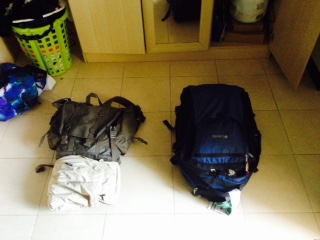
Left goes, right stays
So after a week in Bangkok, experiencing the craziness of the Songkran water festival, my current quest is a mountain with only a few English references to it on Google. Today I set out for it. If I’m allowed to stay, the plan is to remain until my back recovers enough for me to start writing again. I might be up there a while. . .
